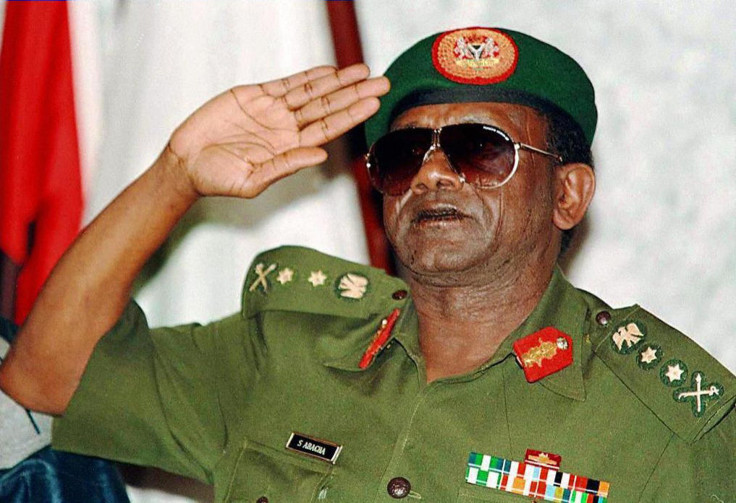Nigeria, Switzerland Agree On Returning $321M In Stolen Abacha Funds

Switzerland is set to award Nigeria $321 million confiscated from former Nigerian military ruler Sani Abacha. Nigeria’s presidency said in statement Tuesday the attorney general signed a letter of intent, under the terms of which the Swiss government will return the money “illicitly acquired by the Abacha family.”
Abacha has been accused of embezzling as much as $5 billion of public funds during his five-year reign of oil-rich Nigeria, from 1993 until his death in 1998. The ex-military ruler was probed for corruption during his lifetime and some of his assets have been frozen after his death. His son, Abba Abacha, was charged by a Swiss court with money laundering, fraud and forgery in 2005 and later spent 561 days in custody. The Nigerian government reached an agreement with the Abacha family to return the stolen funds in exchange for dropping a complaint against the son, according to Reuters.
Switzerland has already repatriated more than $720 million of the looted money, following appeals from the Nigerian government. Abacha is suspected of stashing some $2.2 billion in European bank accounts, according to BBC News. Swiss authorities told Reuters the letter of intent was also signed Tuesday by its head of the Federal Department of Foreign Affairs, Didier Burkhalter, and “marks an important step towards the return of assets monitored by the World Bank.”
Since taking office in May last year, Nigerian President Muhammadu Buhari has made fighting corruption a top priority. He has asked the United States and the United Kingdom to help trace and recover billions of dollars believed to have been stolen by some of Nigeria’s elite over several years. Much of the looted monies have been linked to Nigeria’s corrupt oil sector, in which 250,000 barrels of crude oil were believed to be stolen each day.
“We are getting cooperation from the international community, including information on ships that take crude oil from Nigeria and change direction, or pour their contents into other ships midstream,” Buhari told reporters in August, according to the Premium Times newspaper. “Some monies were paid to individual accounts. We are identifying the financial intuitions and countries that are involved.”
© Copyright IBTimes 2024. All rights reserved.











